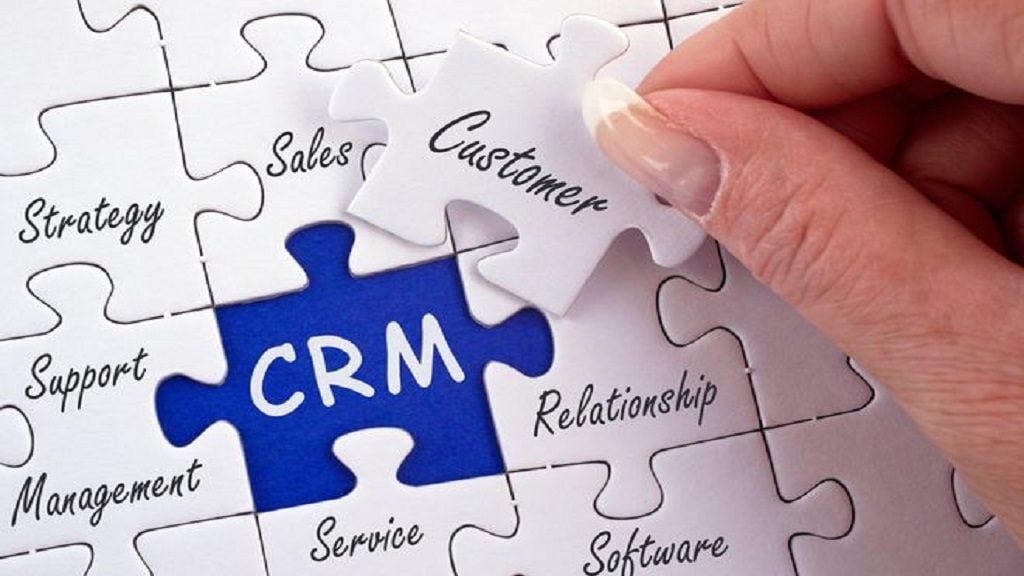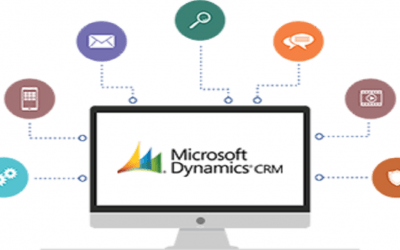Why (Customer Relationship Management) CRM is Important for Small Business?
Here Are The Reason Why CRM is Important for Small Business
Every business has a system and concept that they keep to ensure customer relationship is maintained as per standards. In simpler terms, this can be referred to as customer relationship management which helps small business owners to find solutions for operational challenges. This can vary from business to business and mainly includes high client disputes. A decline in sales, improper policies touching on corporate revenue targets as well as salesperson’s commission. Being a small business owner means that you need to employ certain methods and tools to keep track of certain issues. That can easily affect normal operations and how you serve your customers. Below are a few reasons that show how customer relationship management or CRM helps in streamlining business operations and why it’s important.
Cost-effectiveness Tracking
Tracking down the profitability of your small business is a vital process that can easily be done through the use of CRM software. Luckily, you’ll be easing the pressure off your accountants since they won’t have to follow up on every single cent that’s spent and brought into the business. This system helps to keep a tight record on financial expenditure and depicts a report with regard to the same. Even so, CRM software development is important so as to make sure that you’re able to maintain the speedy bookkeeping system. This can further be broken down to custom application development just to make sure all the apps that back up the software are always up to date and function as expected.
Betterment of Customer Service Delivery
Every small business needs to see it that customer service is of high quality when it comes to deliverance. This means that CRM can aid in upholding a company’s customer service practices. This mainly includes customer query responses as well as processing customer orders in time. CRM software development can go as far as tracking complaints made by customers and providing insight into areas that the company needs to work on. In addition, custom application development can help deal with order related queries so as not to delay clients that want to make purchases. This customer outreach policy can be improved to help boost sales.
Client Management
Customer relationship management tool can be used to study and make necessary adjustments into your client base. Due to its structural programming, you can easily evaluate long-term profitability tactics that can propel your staff to achieve the optimum operating speed that the company needs. A good example to consider is software that records and displays the respective sectors that your clients are in. This can eventually lead to the creation of a versatile workforce that can improve on the sales made.
Regulatory Compliance
There’re several small businesses that are still struggling with hectic processes that can be easily automated by the use of a CRM tool. This is a major plus especially if the tool makes work easier to comply with industry standards, federal, and state laws. Let’s say you program a microsoft dynamic CRM tool to automatically and accurately perform regulatory checks. This means that you won’t have to incur the costs of hiring a compliance analyst team that’ll probably take longer to get the same job done. The CRM tool will be able to pick out high-risk clients and provide risk information.
Sales Strategy
A small business needs to have a well laid out system that clearly dictates the approach to a sales strategy. It would be very unfortunate to discover that you’ve been focusing on the wrong customer segment. This can result in a steady downward sales trend that is terrible for any kind of business. A CRM tool can help detect such flaws and give leverage to long-term sales trends by readjusting and adopting different sales strategies and tactics.
Sales Team Management
CRM helps the sales manager to assign different responsibilities to members of his or her sales team. Since the system also contains customer contacts and their addresses. The sales team knows who to contact and how to contact them for a follow-up and hopefully close the sale.
Sales Process Visibility
Most of the sales procedures are automated by the CRM application. That means that the organization can track payments to specific customers. The system also allows automatic order creation and preparation of quotes. This allows fast communication with the clients and quick closing of sales. Furthermore, all this information is stored in the CRM’s database for easy retrieval.
Dashboards
The CRM software collects a lot of data on customer transactions. Some of this information is relevant and some aren’t. The dashboard allows the organization of data in a way that makes it easy to interpret. Dashboards help small business owners correctly interpret the CRM data and make informed decisions.
Conclusion
CRM is an essential tool that every small business needs to employ sooner rather than later. In any case, it offers the best way to strategize on customer management and generate more leads and enhance sales.








